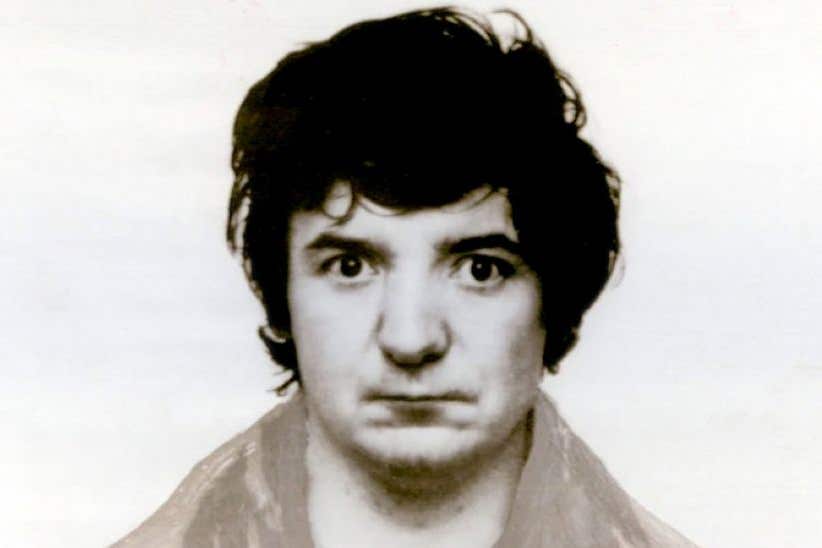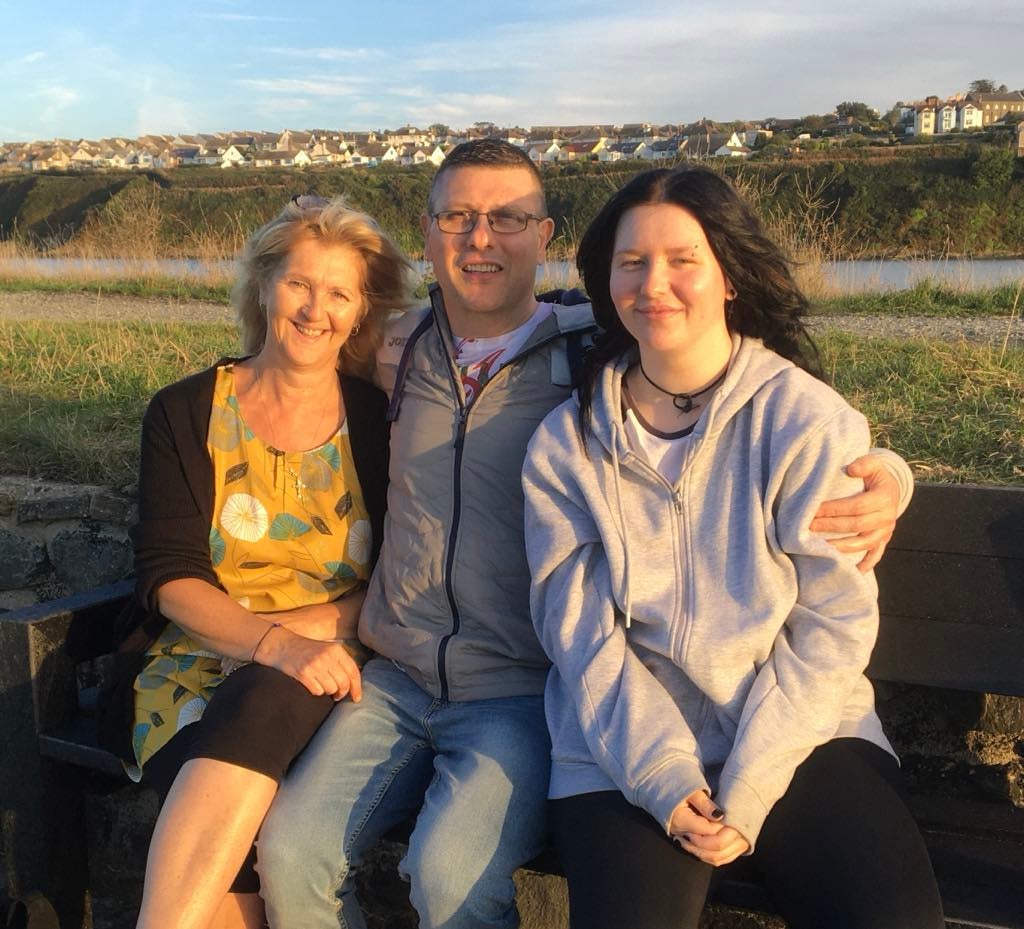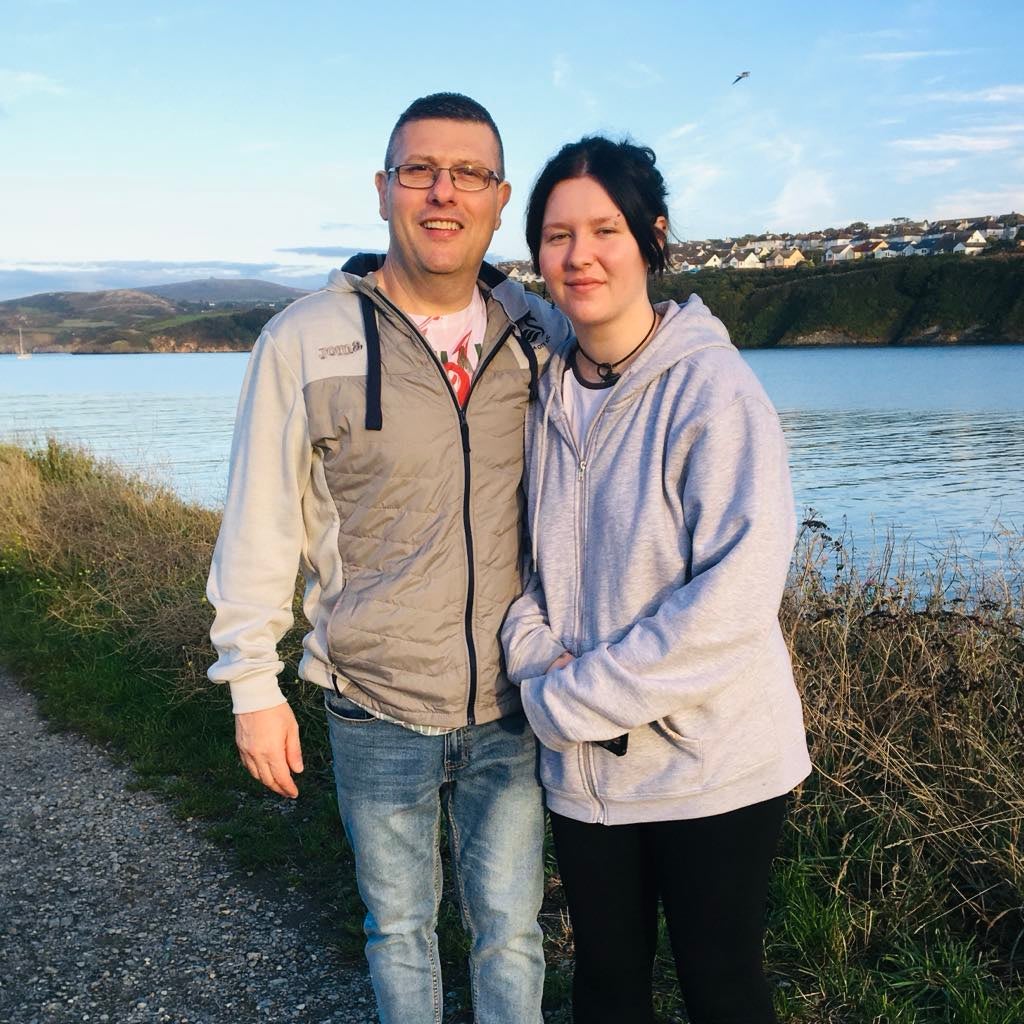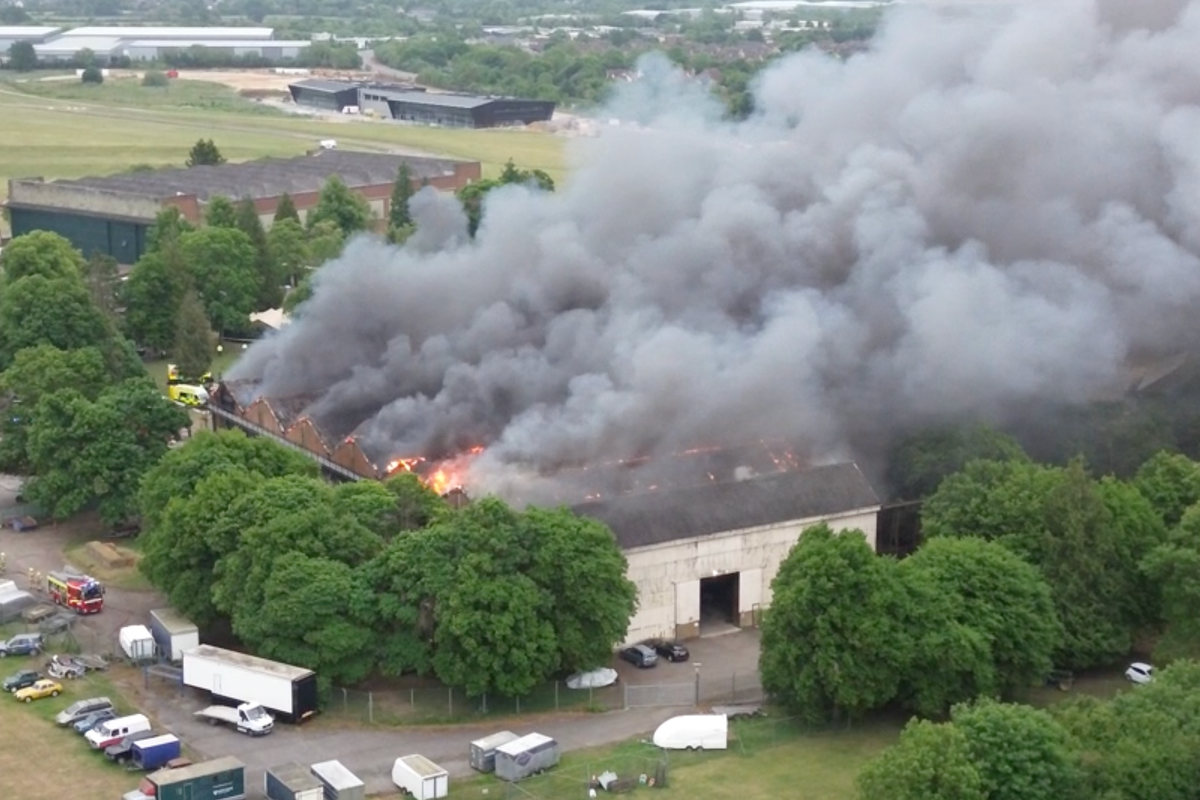ARTICLE AD BOX
An innocent man who spent five years behind bars after being wrongly convicted of rape has hit out at the “unfair and draconian” compensation system, warning a miscarriage of justice could happen to anyone.
In 2017, Brian Buckle’s life was upended after he was found guilty of raping and sexually assaulting a child, charges which he had denied.
After a lengthy legal battle, his conviction was found unsafe by the Court of Appeal, and a retrial with fresh forensic evidence and witnesses saw the jury clear him of all counts within less than an hour.
Despite this, he was rejected compensation from the Ministry of Justice, who acknowledged his innocence but said he must “prove it beyond reasonable doubt”.

It follows a significant law change in 2014, whereby if a victim of a miscarriage of justice in England and Wales wants to receive compensation, they must not only be cleared, but also demonstrate they are innocent.
He told The Independent: “I'm disgusted by it really, that they can take you away from your family for five and a half years, and totally disregard what's happened.”
“They still say that I'm not innocent enough to get compensation, yet the letter I had off them says I am innocent and remain innocent of all charges.”
His calls for change come days after Peter Sullivan had his murder conviction overturned, in what is thought to be the longest-running miscarriage of justice in British history.
The 68-year-old spent 38 years behind bars in a Category A prison after being convicted of the frenzied rape and murder of florist Diane Sindall, 21, who was killed as she left work in 1986.

Mr Sullivan always protested his innocence and new forensic evidence ordered by the Criminal Cases Review Commission found that his DNA evidence was not present on samples preserved from the crime scene.
Of Mr Sullivan’s overturned conviction, Mr Buckle said: “Although it is great to hear that Peter Sullivan has had his conviction quashed, it is horrific that he has been locked up for 38 years for a crime he did not do.
“Thankfully DNA has now proven it was not him, yet DNA was first used in 1986 a year before Peter was found guilty and the UK National Database was established in 1995. It should never have taken until 2025 to establish it was someone else's DNA.”
The news of what happened to Mr Sullivan left Mr Buckle feeling angry: “I just felt sorry for the man... It's just unbelievable.”
Now, he is trying to raise awareness about the possibility that others might experience the same miscarriage of justice.

“I was one of the general public, and like I say, I still am. But [I want to] educate them to think like this can happen to anybody at any time.”
As a result of his own experience in being wrongly convicted, Mr Buckle has suffered PTSD and lost a well-paid job he held for 16 years prior to his arrest. His time in prison also meant that he missed his daughter’s 18th and 21st birthdays, and his wife spent her entire inheritance in funding legal fees to secure his release.
He said: “My family sacrificed everything to clear my name. My father-in-law even sold his house to fund my legal fight. The emotional and financial toll has been devastating.
“Now I live with PTSD, and even though I am a free man, the trauma of those five years will never fully leave me. I don’t want millions - I want recognition of the injustice I suffered and the chance to rebuild my life.”
Every night, Mr Buckle dreams about prison. “When I wake up in the morning, I just feel so bad because when I wake up, I think I'm still in prison.”

Since his release, he’s become a totally different person as he no longer trusts people; it’s taken its toll on his family relationships. He is still trying to “build a relationship back up” with his wife and daughter having been away from home for so long.
Mr Buckle hasn’t been able to return to work since he’s left prison. “There's no way I could go out and work for somebody at the moment because I just want to be home. I don't like being around people and stuff really.
“I've got to have people with me that I trust all the time that talk for me.”
In his letter from the MoJ, Mr Buckle was given no chance to appeal the decision regarding his compensation, and is calling for the current scheme to be scrapped.
Over the course of his imprisonment, Mr Buckle’s family spent £500,000 on legal fees to prove his innocence and secure his release. Had he been able to apply for compensation, this is equal to the total amount he would have potentially been awarded.

Mr Buckle is not alone in his sense of betrayal and anger at the English criminal justice system. In recent years, several miscarriage of justice cases have made headlines including Andrew Malkinson, who spent 17 years behind bars for rape.
He had his conviction quashed in 2023 after his own lawyers tracked down DNA evidence that proved his innocence.
Victor Nealon similarly spent 17 years behind bars for attempted rape, 10 years longer than his recommended tariff, because he continued to protest his innocence. On two occasions the Criminal Cases Review Commission (CCRC) twice rejected to carry out DNA tests that would have proved his innocence.
A Ministry of Justice spokesperson said: "We acknowledge the grave impact miscarriages of justice have and are committed to supporting individuals in rebuilding their lives.
“The Law Commission is currently consulting on the law relating to criminal appeals, including compensation for miscarriages of justice. We will consider their findings before deciding on any action in this area.”









 English (US) ·
English (US) ·